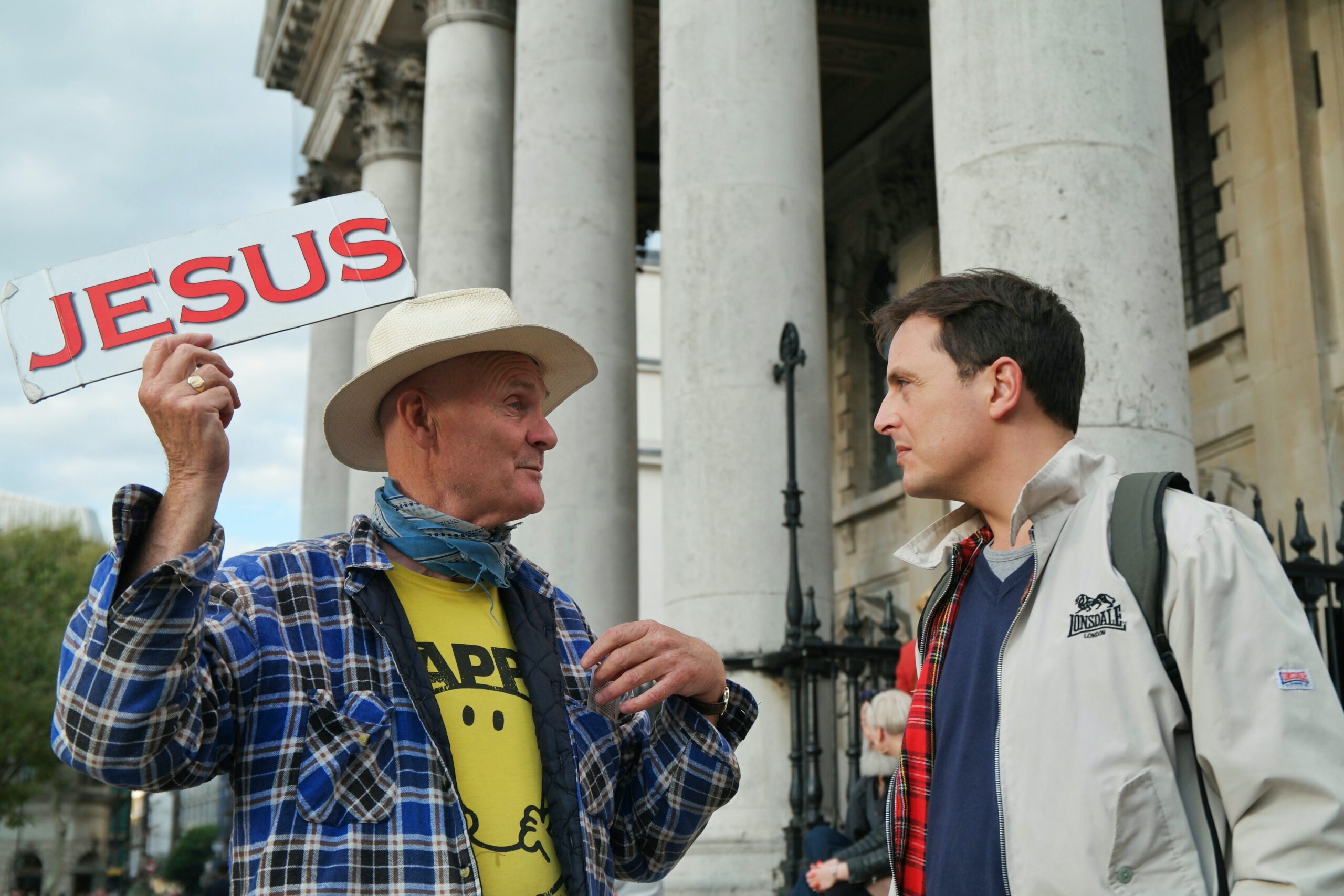My Calling by Maxie Dunnam

I’m 89 years old. I received what was called a “local preacher’s license” when I was 17. During these 72 years since, though the expression of my calling at times has differed, I have sought to be an effective pastor and preacher.
I have kept two “heroes” alive in memory as I have exercised my calling. One of those is Wiley Grissom. In my book, God Outwitted Me, this is a part of what I wrote about this hero.
“Brother Grissom, a John the Baptist kind of guy, was the pastor of Eastside Baptist Church,…He was a fifth-grade educated preacher, with no formal theological training, but he was a powerful preacher. Years later, at age 60, I became the president of Asbury Theological Seminary, a graduate school training young men and women for ministry. In that setting…I often thought of Brother Grissom. Memory of him kept me aware of the fact that calling and anointing are as important as education.”
My calling was to preach. That calling has been formally expressed in different ways. It has not been restricted to preaching; it has been witnessing, with the whole of my life, to the salvation that is ours in Jesus Christ. I’m going to reflect on it in blogs/articles in the weeks ahead. I seek to keep the fact that beliefs matter alive in my awareness.
Just in case we need some definitions as we begin, the word evangel is a transliteration of a Greek word which means “good tidings” or “‘good news.” The New Testament word had two basic uses: one, the good news proclaimed regarding the kingdom of God; two, the good news about Jesus. Jesus both proclaimed the good news of the coming of the kingdom and embodied the good news in his life. Jesus’ life, his relations with people, his teaching and preaching, his healings and other miracles, culminating in his death, resurrection, and ascension, revealed and manifested in what the kingdom is like.
God’s sovereign future rule broke into the present in Jesus Christ. Through his love and forgiveness, his ministry of compassion, a new life of freedom and service and an entry into God’s kingdom were made available. That ministry was continued by the early Christians “in the name of Jesus Christ.” They testified and preached about Jesus Christ. They acted in his name, and those who responded became part of the Christian community. So, evangelism is the demonstration and proclamation of the gospel.
We need to remember that the evangelistic activity of the early church was not limited to preaching. Everything the church was called to be and do in its worship, witness, fellowship, and service was infused and informed by evangelism.
That’s my frame of reference in talking about evangelism. But, I don’t mean by this that evangelism is everything the church does. That’s far too broad to have driving meaning. I do mean that everything the church does should contribute to its evangelistic task. Archbishop William Temple’s definition of evangelism is a good one: “Evangelism is the winning of persons to acknowledge Christ as their Savior and King, so that they may give themselves to his service in the fellowship of the church”!
Nothing less than that is evangelism. It’s a matter of the Christian community sharing the good news of a Savior with those who do not know him. So, evangelism is neither Christian proclamation alone, nor Christian presence alone. It is both.
This is the first article in a series Maxie is writing on the beliefs we hold about evangelism. Come back to Wesleyan Accent next week for the second installment.